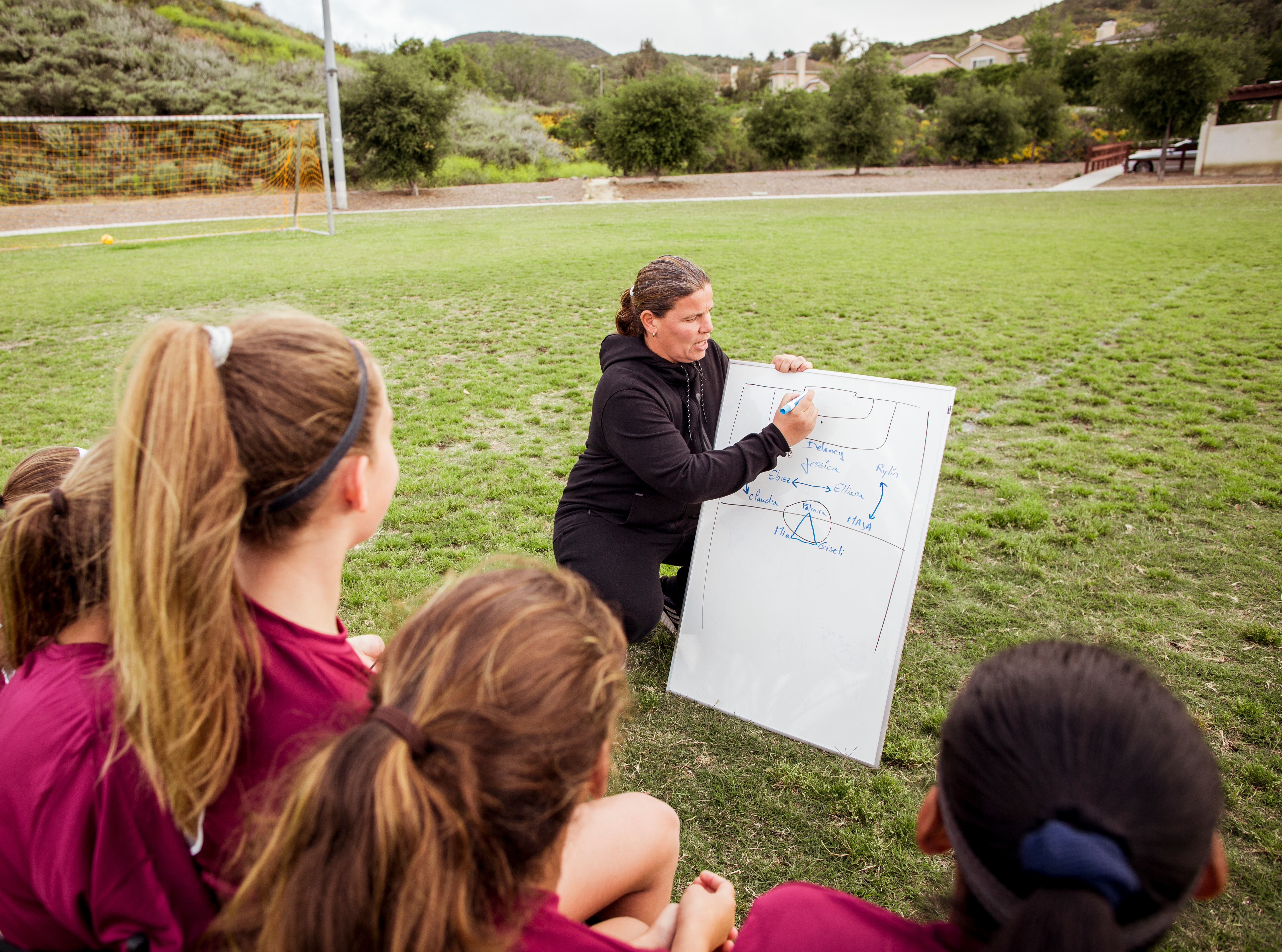
“As a coach, you have to be pretty knowledgeable about a whole lot of things.”
Stuart Armstrong
Coach Educator and Talent Development Expert
If you have 45 minutes, I strongly encourage you to watch or listen to the interview I did with Stuart on the FSU COACH YouTube Channel or on Spotify. It’s a fascinating discussion about talent development and the role of coaches in that process.
What’s Stuart’s point here? Often, coaches become experts at their sport or something within their sport. When I say expert, I’m referring to the technical and tactical aspects of the sport rather than the other aspects, which are perhaps equally or even more important. What about those counseling skills? Shouldn’t you know something about sports psychology, nutrition, strength and conditioning, and so on? Well, yes, you should.
Stuart’s point is that great coaches are learning beyond the scope of the tactical and technical components. They’re exploring new ideas, asking questions, and learning about subjects and topics that may not directly apply but could apply to their sport. It’s why my book Coaching for Sports Performance was written with the help of experts across a dozen different sports performance disciplines. I know enough to know some key content about those subjects but not enough to consider myself an expert.
According to history (but don’t quote me on this), centuries ago, there was an individual who was criticized for being a “jack of all trades.” He was a playwright, an actor, a writer, a director, a poet, and even a shareholder and businessman. The criticism was that he lacked expertise in anything specific, which made his skills very generic. Who was that? Can you guess?
William Shakespeare.
This term, “jack of all trades,” usually comes with negative connotations. It’s the all-rounder on your team. The one who makes the team but never stars on it. It’s the utility player who you fit into a position because they can make it work, and you need them. They’re not going to show up on the highlight reel.
But let’s review the actual expression, which you may not know. “A jack of trades is a master of none, but often better than a master of one.”
When it comes to coaching, Stuart encourages us to become the jack of all trades so that while we may not shine in one specific area, we will be more useful and effective as coaches. I have five degrees. None of them are in coaching. Many would describe me as a jack of all trades. But often, in my job and as a coach, I’m better than the master of one. And I’m okay with that.
Ask Yourself
Evaluate your skillset. Are you more like a jack of all trades or a master of one?
What areas of your knowledge base need to be improved?
When you hire, do you or will you consider hiring those with a broader knowledge base and experience over those who might be regarded as specialists?
This excerpt was taken from the book Reflections on the Coaching Life.

